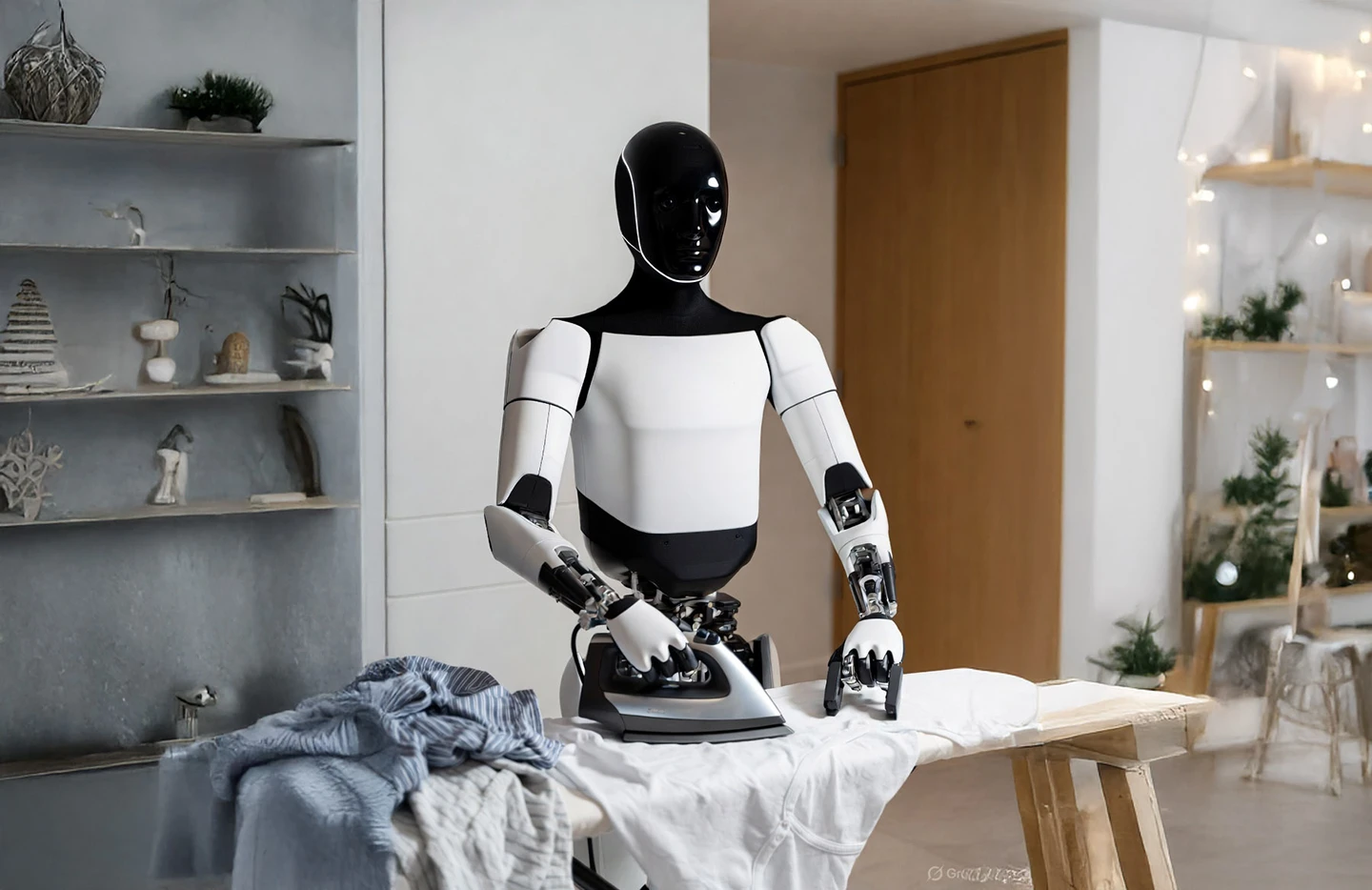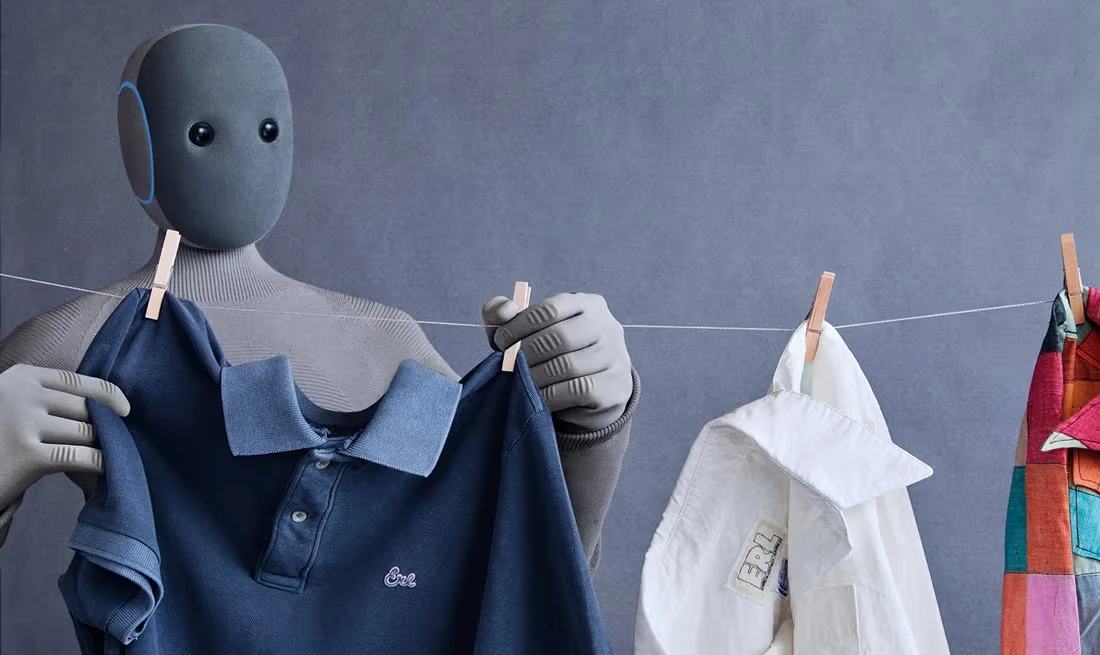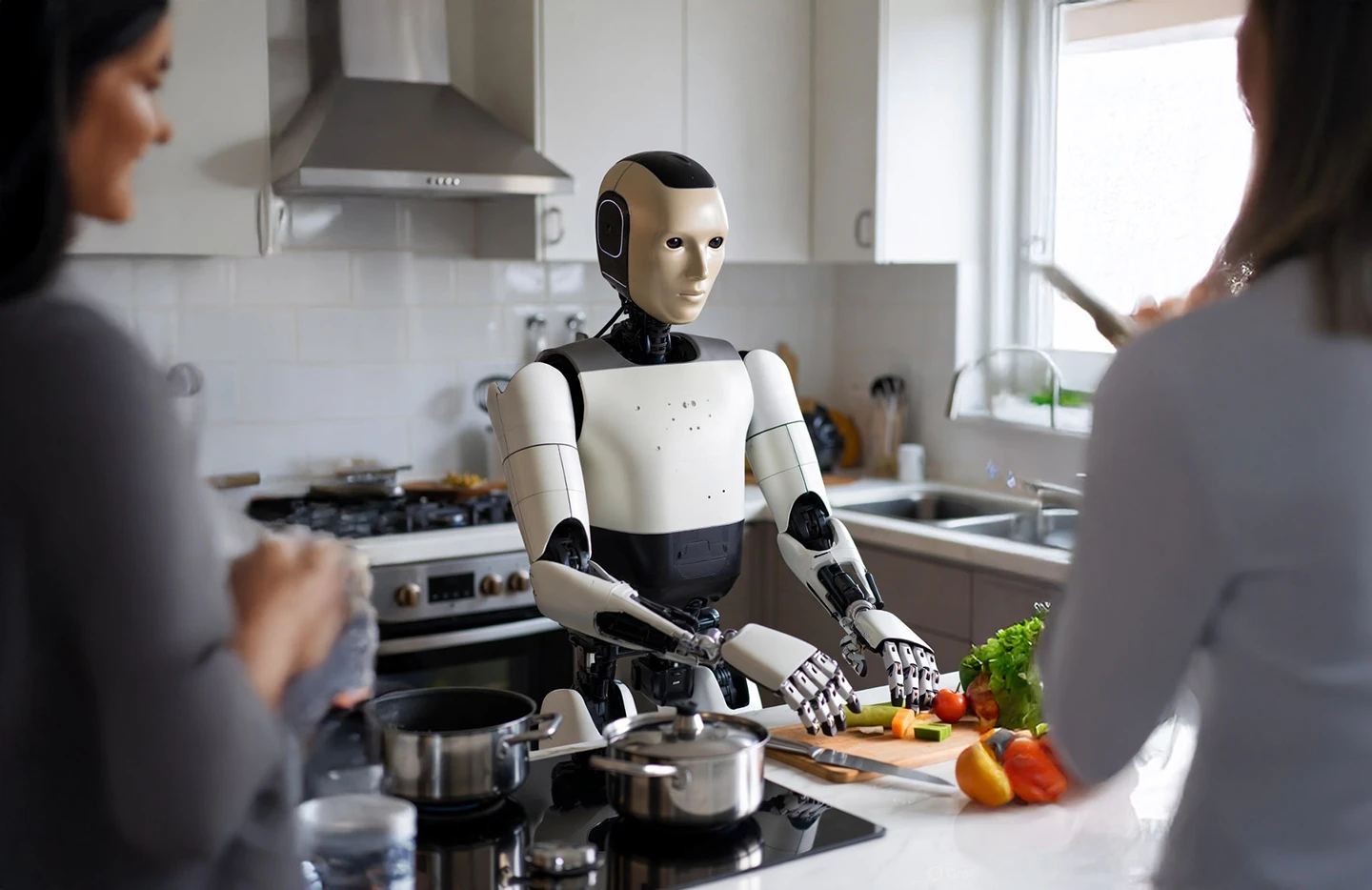Imagine waking to the soft whir of a companion folding your laundry with fluid grace, or returning home to find dinner prep already underway. This isn't science fiction, it's the emerging reality of humanoid robots in our homes. As work, family, and personal time increasingly blur together, these intelligent machines are stepping in to handle the repetitive tasks that consume our days, freeing us to focus on what truly matters.
Unlike their wheeled predecessors that get stuck under furniture, humanoid robots move like us—walking on two legs, grasping objects with dexterous hands, and adapting to the beautiful chaos of real living. Three pioneers are leading this transformation: Tesla's Optimus, 1X's NEO, and Unitree's H2. Each offers a different vision of how robots will become seamless partners in our homes, quietly handling chores while we reclaim time for relationships, creativity, and rest.
The human-shaped form isn't just aesthetic—it's revolutionary for home environments. These robots navigate stairs, reach high shelves, bend to retrieve dropped items, and maneuver through cluttered spaces because they're designed for the same environments we are. Powered by AI that learns through observation, they adapt to your preferences over time, becoming more helpful with each interaction.
What sets them apart is empathetic integration. Voice commands feel natural, facial recognition enables personalized service, and safety protocols ensure secure interaction with children, pets, and elderly family members. They're built to feel less like tools and more like collaborative household partners.
Who benefits most:

Standing 5'8" and weighing 125 pounds, Optimus Gen 3 emerged in late 2025 as Tesla's ambitious answer to home automation—a general-purpose robot trained by human workers to handle over 3,500 programmable tasks. At a projected price under $30,000, this is the robot that brings industrial-grade versatility to everyday life.
Kitchen Mastery:
Household Intelligence:
Maintenance Excellence:

NEO emerged from California's 1X Technologies in October 2025 as the household robot designed for safe coexistence. At 5'5" and just 77 pounds with soft skin and rounded edges, it's built for families who need both capability and peace of mind. Priced at $20,000 and available for pre-order, NEO transforms daily routines through anticipatory intelligence.
Safety-First Design:
Daily Workflow Management:
Anticipatory Intelligence:

China's Unitree Robotics elevates humanoid sophistication with the H2 Destiny Awakening at $29,900—their flagship full-scale platform unveiled in October 2025. Standing 5'11" and weighing 154 pounds with a striking bionic face, the H2 bridges functionality and artistry with 31 degrees of freedom that enable ballet-like precision and martial arts agility.
Performance Engineering:
Advanced Computing Platform:
Demonstration Capabilities:
As these robots evolve, our homes will need to evolve alongside them. Future living spaces will feature sensor-integrated layouts for seamless navigation, dedicated docking stations designed as architectural features, and open floor plans enabling human-robot collaboration. Smart home systems will tie everything together, creating invisible, intuitive integration where robots anticipate needs before you voice them.
The concerns are real—privacy questions, ethical AI training, equitable access, and workforce transitions all require ongoing attention. But the pioneers are addressing these head-on with human oversight protocols, opt-in data sharing, declining prices, and focus on tasks humans actively want to delegate. These aren't homes where robots replace human presence; they're homes where robots restore it, creating sanctuaries where technology serves the soul and innovation amplifies what makes life worth living.
The future home includes:
In a world accelerating toward tomorrow, humanoid robots remind us that progress should restore balance, not disrupt it further. They demonstrate technology's highest calling: to serve human flourishing, not just productivity. As Optimus, NEO, and H2 stride into our thresholds, they offer something precious—the gift of time itself.
What would you do with an extra hour each day? How would your life change if your home truly worked for you? The answers will shape the next chapter of domestic life, where the heart of home beats strongest in the moments we reclaim. These robots aren't replacing us—they're freeing us to remember what homes are really for: the people within them and the lives they live. The future home awaits your command.